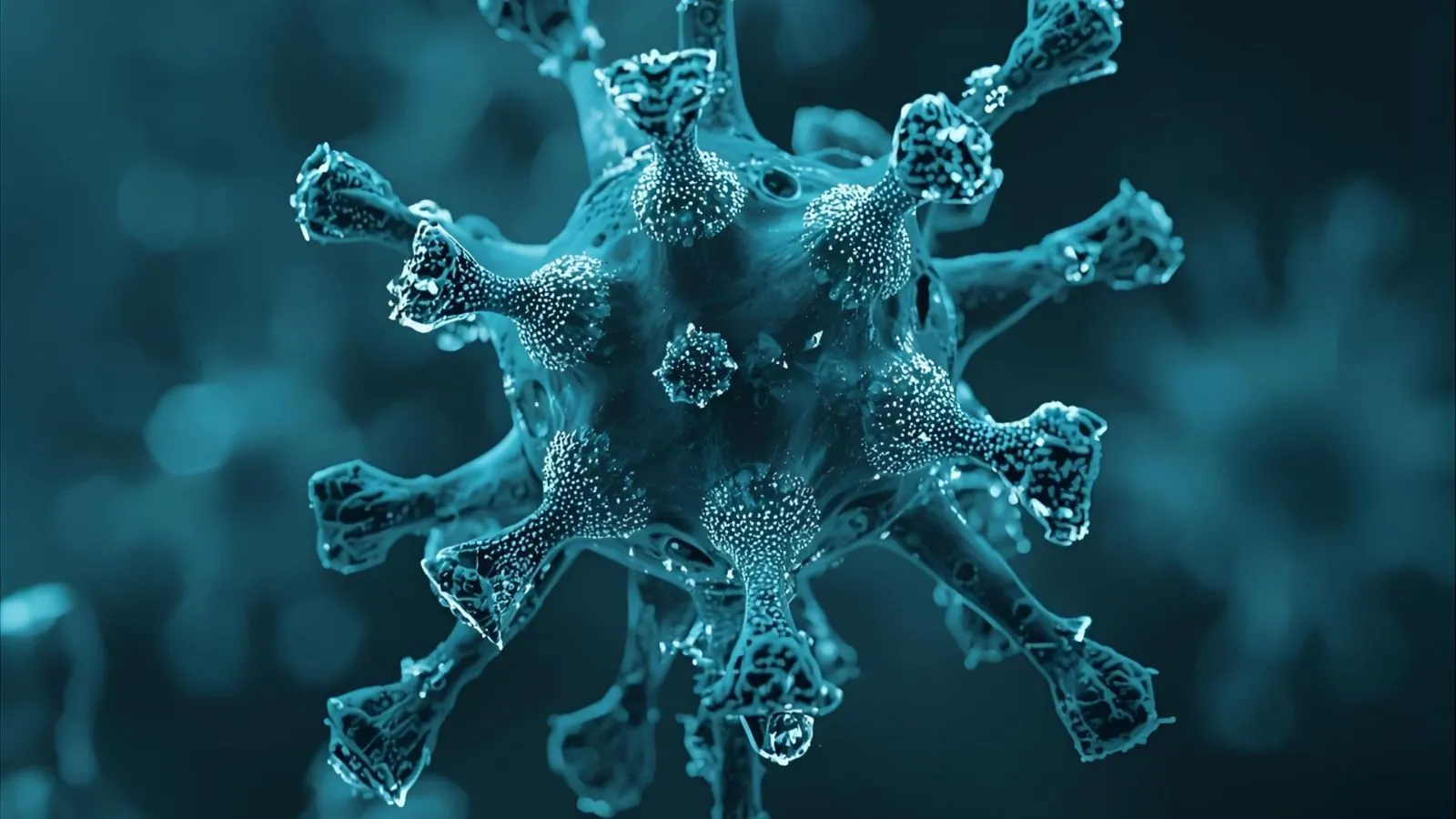I remember the first time I saw the word “biotic” in a biology meme on Instagram. Someone commented, At first, I thought it was some Gen-Z term or maybe even gamer lingo I wasn’t keeping up with. Spoiler: it wasn’t.
If you felt the same confusion, don’t worry you’re not alone!
Quick Answer:
Biotic means “living or related to living things.” It’s a scientific and descriptive word used to talk about living organisms or life-related factors.
🧠 H2: What Does Biotic Mean in Text?
In simple terms, “biotic” refers to anything that is alive or comes from living organisms.
It’s commonly used in science, biology classes, nature documentaries, and environmental discussions.
Example sentence:
“Plants, animals, and bacteria are all biotic factors in an ecosystem.”
In short:
Biotic = Living things = Anything that has life or comes from life.
Where Is Biotic Commonly Used?
- 📚 School chats (biology homework, study groups)
- 🌿 Science memes & nature posts
- 🧪 TikTok science explainers
- 🤓 Reddit threads like r/biology or r/explainlikeimfive
- 💬 Casual conversations when talking about nature or ecosystems
Tone:
- ❌ Not flirty
- ❌ Not slang
- ✔️ Completely formal, educational, and scientific
Examples of Biotic in Conversation
1
A: what’s a biotic factor again?
B: anything living basically 😭 like plants or animals
2
A: this biology assignment is killing me
B: same… i keep mixing up biotic and abiotic 😩
3
A: is soil biotic??
B: only the living stuff in it 😅
4
A: my teacher asked for 5 biotic factors
B: plants, animals, fungi, bacteria, ppl… boom 💥
5
A: nature is wild
B: fr, all the biotic interactions are so complex 💀
6
A: what does biotic even mean
B: living things. that’s it 😂
7
A: abiotic is nonliving right
B: yep! biotic = living 🙌
When to Use and When Not to Use Biotic
✅ When to Use
- Biology, ecosystems, or nature
- Living things
- School assignments or scientific explanations
- Class discussions or study chats
- Anything involving life and organisms
❌ When NOT to Use
Avoid using “biotic” when:
- Messaging someone casually about unrelated topics
- You want to sound informal or playful
- Talking in romantic, flirty, or emotional situations
- Writing a non-science text or joke (unless ironic)
Comparison Table
| Context | Example Phrase | Why It Works |
|---|---|---|
| Friend Chat | “is that a biotic factor?? 😭” | Casual but still accurate |
| School Group Chat | “biotic = living, don’t forget” | Helpful + educational |
| Work Chat | “the biotic conditions vary” | Professional in science fields |
| “Please review the biotic data.” | Clear & formal | |
| Social Media | “biotic interactions are | Educational and relatable |
Similar Slang Words or Alternatives
(These aren’t slang, but they are commonly compared or used together with “biotic.”)
| Term | Meaning | When to Use |
|---|---|---|
| Abiotic | Nonliving factors | When talking about temperature, rocks, water |
| Organic | Living or once-living matter | When discussing carbon-based life |
| Ecosystem | Community of living & nonliving things | When talking about nature systems |
| Producer | Organism that makes its own food | Biology classes or food chain explanations |
| Organism | Any living creature | General biology conversations |
FAQs About Biotic
1. Is “biotic” a slang word?
No. It’s a scientific term meaning “living.”
2. What’s the opposite of biotic?
Abiotic, which means nonliving.
3. Can I use biotic in casual texting?
Yes, but it usually appears in homework or science chats.
4. Does biotic refer only to animals?
No. It includes plants, animals, fungi, bacteria, humans—everything living.
5. What are biotic factors?
The living parts of an ecosystem.
6. Is food considered biotic?
If it comes from a living organism (like plants or animals), yes.
7. Are viruses biotic or abiotic?
Debated. Viruses show some traits of life but not all.

James Wilson is a puzzle aficionado with a flair for storytelling and a passion for problem-solving. His expertise in a wide range of puzzles, from crosswords to logic puzzles, shines through in his compelling and informative articles. James’ ability to make puzzling both fun and accessible makes him a beloved member of the Puzzlerpedia team.










